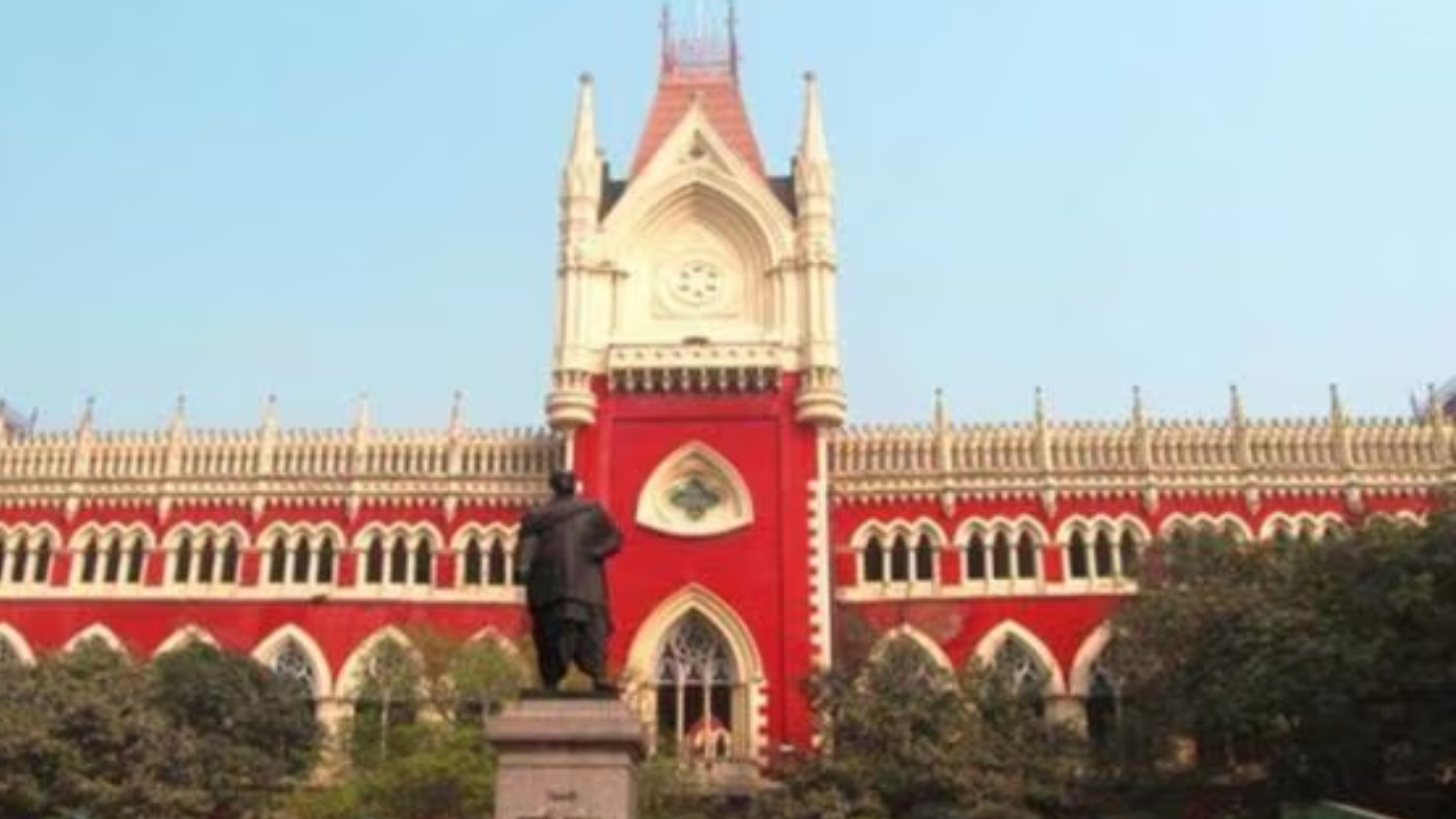
The Calcutta High Court has granted permission for the BJP to hold a protest march against the recent hike in electricity tariffs. The protest, scheduled for July 26, will proceed from the BJP’s Muralidhar Sen Lane office to Victoria House. Justice Rajarshi Bharadwaj issued the order, stating that the march and demonstration must adhere to specific conditions to avoid disrupting public order.
The decision comes amid widespread allegations of exorbitant increases in electricity tariffs across the state. The BJP had sought permission from the police for the march but was denied, prompting them to approach the High Court. During the hearing, the court stipulated that the protest must be held from 2:30 PM to 5:30 PM and can include up to 1,000 participants, including leaders, workers, and supporters.
To ensure that the march does not inconvenience the public or disrupt law and order, the court has mandated the deployment of adequate police personnel. The court emphasized the need to follow environmental regulations and conduct the protest peacefully.
During the hearing, representatives of the state argued that there had been no increase in electricity tariffs per unit in the CESC (Calcutta Electric Supply Corporation) areas. They claimed that the basis for the protest was unfounded and noted that the BJP had not lodged any formal complaint with CESC regarding the tariff hike.
Justice Bharadwaj questioned the state’s position, asking whether it was within the state’s purview to dictate the method or manner of lodging complaints. In response, the state’s representatives suggested that the BJP could hold their demonstration at Y Channel, a designated protest site. From there, a delegation could proceed to submit a memorandum of demands.
The BJP’s protest aims to highlight what they perceive as an unjustifiable increase in electricity costs, which they argue places an undue burden on consumers. Despite the state’s assurances that no tariff increase has occurred in the CESC areas, the BJP insists that there has been a significant rise in electricity bills, affecting households and businesses alike.
The court’s decision underscores the importance of balancing the right to protest with the need to maintain public order and minimize disruptions. By granting permission for the march under specific conditions, the court has sought to ensure that the BJP’s concerns can be voiced without adversely impacting the broader community.
As the scheduled date approaches, both the BJP and state authorities will be under scrutiny to see how the protest unfolds. The police will play a crucial role in maintaining order, while the BJP will need to ensure that their demonstration adheres to the court’s guidelines.
In summary, the Calcutta High Court’s ruling allows the BJP to proceed with their protest against the alleged electricity tariff hike, highlighting the ongoing debate over energy costs and the right to peaceful protest in the state.
